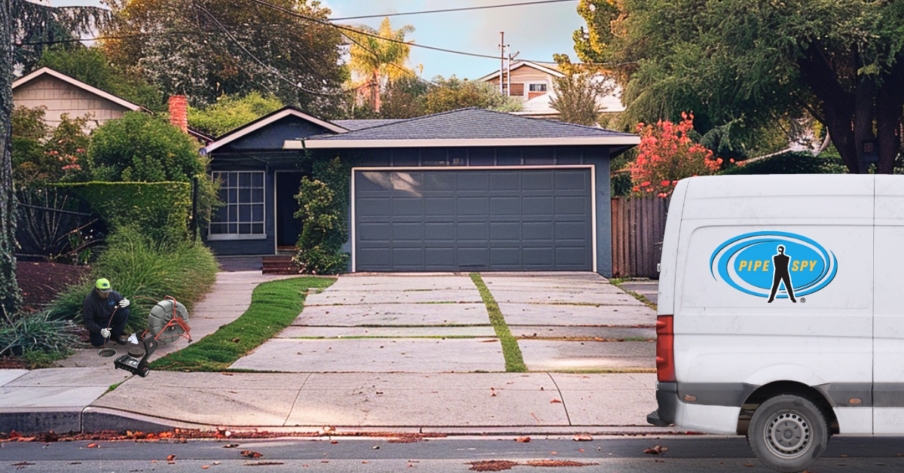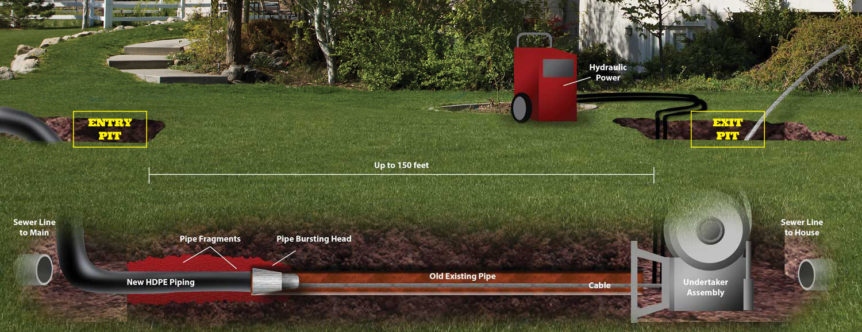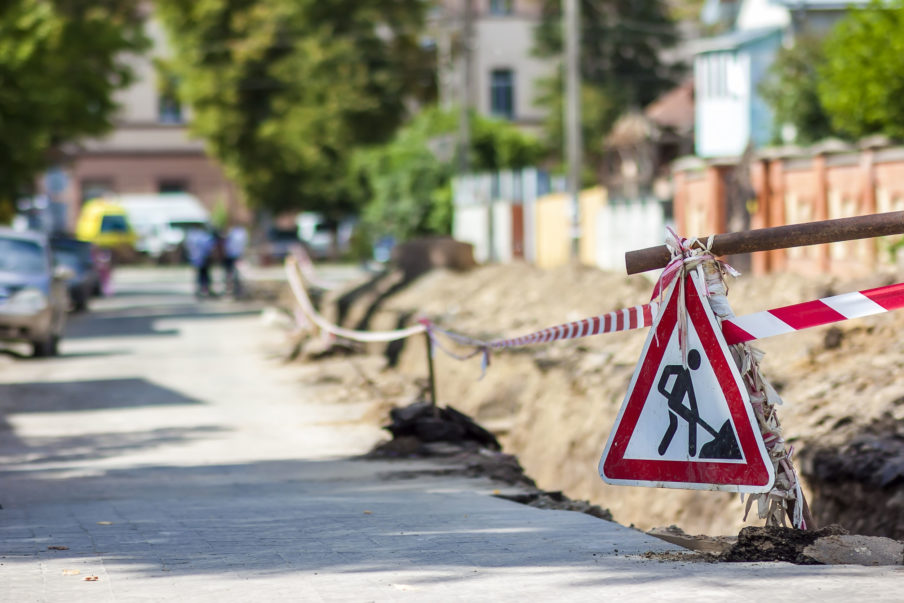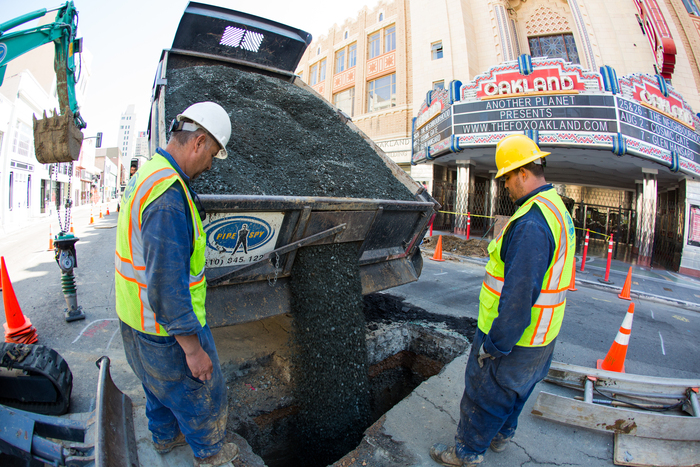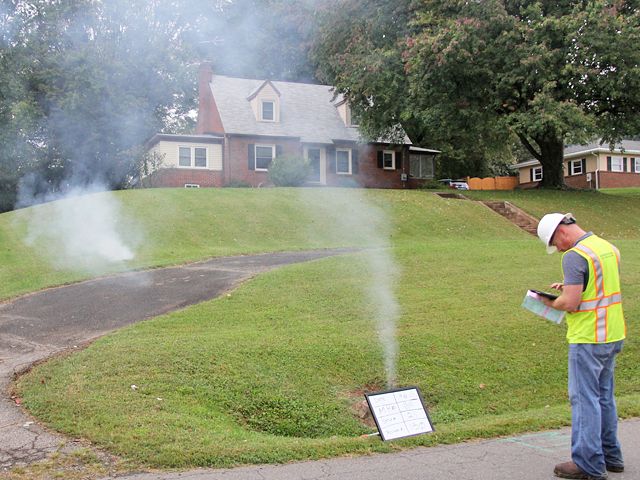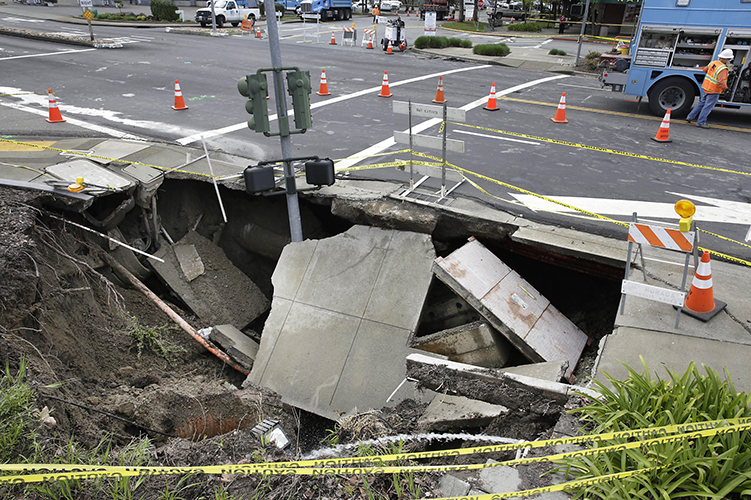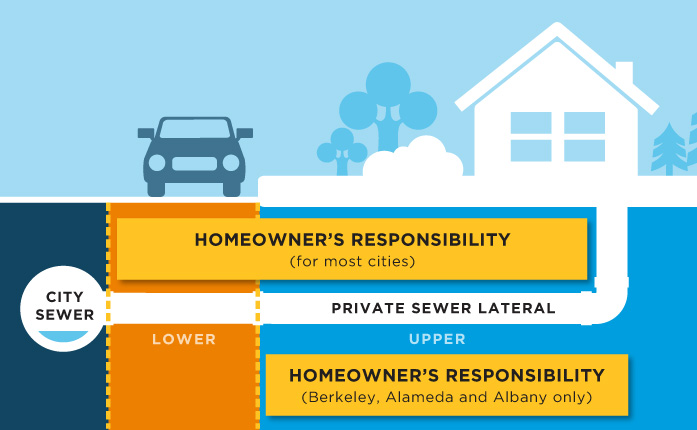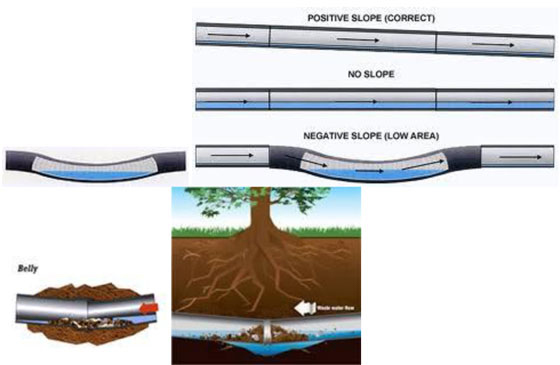There’s a critical system beneath your home that shouldn’t be overlooked: your private sewer lateral. At Pipe Spy, a leader in trenchless sewer line repair and replacement in the East Bay Area since 1998, we understand the importance of proactive sewer maintenance. Here’s why now is the opportune time to schedule your sewer inspection. Stay Ahead of Sewer Problems Often, … Read More
What are trenchless sewer pipe repair methods?
Sewer repair projects can be a huge headache for homeowners. They can be disruptive, expensive, and time-consuming – but these can all be avoided using the right trenchless sewer repair method. In this post, we’ll discuss trenchless sewer repair, the different trenchless repair methods and technologies, and which method to choose for your sewer repair. What Is Trenchless Sewer Repair? … Read More
Why Is Open Trench Excavation Sometimes Necessary for Sewer Line Repair?
Open trench excavation is the traditional and previously most common method for sewer lateral repair or replacement. Open trench excavation involves excavating a trench for the manual installation of each piece of pipe. This type of sewer work is applicable to collapsed pipes, severely broken pipes, and heavy root blockages. The open trench method is, on average, more costly than trenchless … Read More
Trenchless Sewer Repair vs. Traditional Sewer Repair
Out of sight is out of mind, and sewage systems are often taken for granted. Until something goes wrong, many people do not realize how critical the humble sewer system can be. As a result, home and business owners are often faced with an unpleasant situation. One thing is for sure: Property owners cannot avoid sewer repairs and maintenance. Damaged … Read More
Does Homeowner’s Insurance Cover Sewer Line Repair?
When we find ourselves dealing with the challenges of an unforeseen home repair, the first question we have is, “How much is this going to cost?” That question is usually followed by another: “Will my homeowner’s insurance cover any of this?” Below we offer some of the knowledge we have gained in our decades of experience providing professional sewer repair. … Read More
What Is Sewer System Smoke Testing?
Property owners in Oakland and Berkeley may experience “random city smoke testing.” Local ordinances require sewer lines to be tested for code compliance. What Is Sewer System Smoke Testing? Underground smoke testing is used to detect deficiencies in sewer pipes and the sewage system. Smoke tests can be especially important after episodes of heavy rainfall. Smoke testing is a low-cost … Read More
Sinkholes: When Sewer Repair Goes Wrong
Some homeowners find themselves dealing with an unexpected and worsening problem on their property: sinkholes. Sinkholes are usually an artificial problem typically caused damaged sewage pipes and drainpipes, broken septic tanks, buried trash, or soil that was not properly compacted after excavation work. Sinkholes can appear where underground sewer pipes have been damaged. This is especially noticeable when the soil … Read More
What Is a Private Sewer Lateral and How Does It Work?
Most homeowners only think about sewer lines until there’s a problem. Whenever there’s and problem with your home’s sewage system – and you live in Oakland or the East Bay – chances are you’ll be learning about the concept of a private sewer lateral (or PSL). What is a Private Sewer Lateral? A private sewer lateral (PSL) is the pipe that connects … Read More
How to Troubleshoot Sewer Line Problems
Even if you haven’t noticed any issues, undiagnosed sewer line problems have the potential to cause extensive damage to your home if not remediated in the early stages of malfunction. Sewer line symptoms like clogs, backups, or oder are warning signs that should alert homeowners to possible sewer line damage. If you identify any of these sewer line problem warning … Read More
How to Identify and Repair a Sewer Line Belly
If you suspect a major plumbing issue, such as a sewer line belly, stop and call Pipe Spy immediately. Sewer line bellies, or sags in the pipe, can cause significant issues like standing water, sediment buildup, and eventually blockages or backups. These occur due to factors like poor installation, improper soil bedding, and external forces such as tree roots or … Read More

